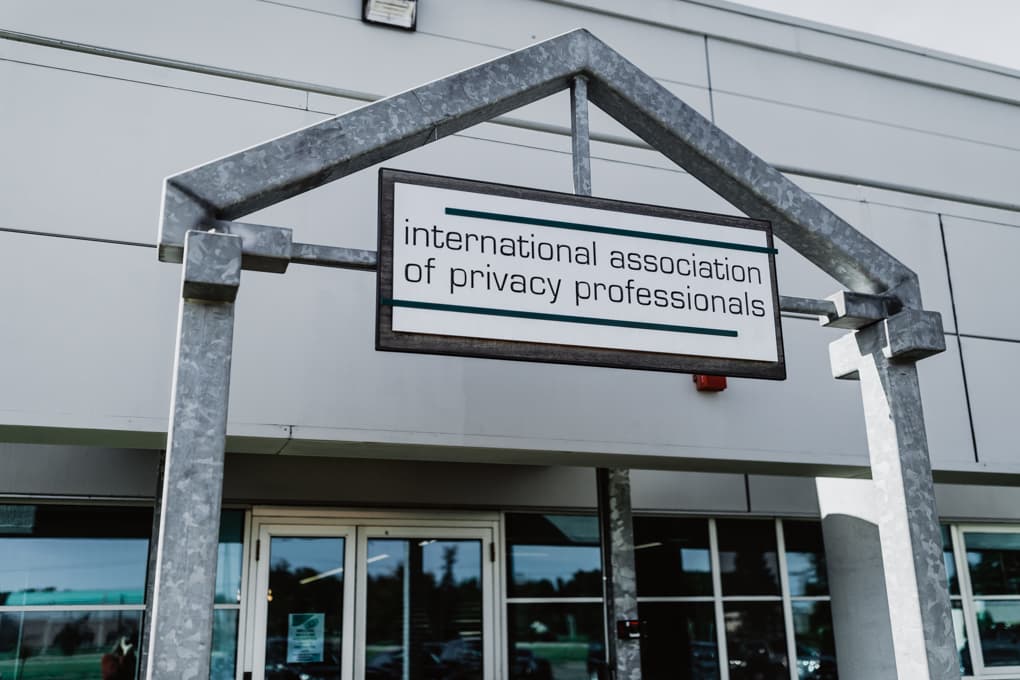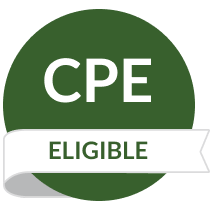IAPP releases AI Governance Professional Body of Knowledge


Published:
Contributors:
Jennifer Bryant
Associate Editor
IAPP
The IAPP released its Artificial Intelligence Governance Professional Body of Knowledge, the foundational document for the upcoming AIGP certification and training for the emerging AI governance profession.
The BoK documents the information and skills that will be assessed on the upcoming AIGP certification exam, with six main parts showcasing the activities an AI governance professional should undertake to guide AI implementation in a way that mitigates risk and ensures safety and trust.
"We hope it serves as a useful document for anybody who's thinking about the entire breadth of AI governance," said IAPP Certification Director Doug Forman, adding "in this rapidly changing world" updates are expected and will be reviewed every six months.
In future iterations, the BoK will include "Exam Blueprint numbers" that show the number of questions from each part that will be found on the AIGP certification exam.
"If it's on the (BoK), we expect people to have a degree of familiarity with the content," Forman said.
Université Grenoble Alpes MIAI Multidisciplinary Institute in AI Senior Research Fellow and AI Governance Center Advisory Board member Cornelia Kutterer said the rapid growth in societal awareness and integration of generative AI into business operations has generated both excitement and concern. To navigate legal and ethical challenges, while ensuring trustworthy governance of AI, she said organizations must take a proactive approach towards effective risk mitigation.
The BoK "serves as a useful learning tool for professionals across various backgrounds who will assume new responsibilities as AI systems become integral to business operations," she said.
"Its release signifies a significant milestone in preparing professionals for these new responsibilities and regulatory obligations. Moreover, it empowers professionals to acquire the necessary skills and certifications, benefiting not only business professionals but also those in the public sector and civil society organizations," she said.
The BoK covers the fundamentals of machine learning, the uniqueness of AI, evolving safety research, as well as the integration of the EU AI Act and other regulatory obligations, Kutterer said.
In developing the document, the IAPP's certification team engaged leading global voices in the fields of privacy, law, ethics, academia, computer science and more, which Forman said is "reflected in how inclusive the (BoK) is of the different kinds of content we have."
Those writing the certification exam questions "are also really a curated group of people who are at the very top of their fields."
"There was such a groundswell of volunteerism among IAPP membership and others that were so interested to get involved in this AI effort that we were able to build this BoK much more quickly than we normally would," Forman said. "A lot of people raised their hands."
IBM Chief Privacy and Trust Officer Christina Montgomery, also an IAPP AI Advisory Board member, said IBM supported the initiative in "drawing from our long history of industry-leading work on AI technology and technology ethics." The process was "iterative," IBM Tech Ethics by Design Program Director Heather Domin said, and staff provided input on drafts of the AI BoK as it was being developed.
"The AI (BoK) is the product of an outstanding collaborative effort between IAPP and leading partners. As such, it is well positioned to support those who study it or use it to gain certification in achieving the right level of knowledge needed by AI governance professionals and ultimately to apply that knowledge within their organizations," Montgomery said.
AI Advisory Board member and BNH.ai Partner Brenda Leong, CIPP/US, who is serving as executive editor of curriculum development for the AIGP certification, said it is clear privacy professionals are being tasked with taking the lead on AI initiatives within their organizations. "They are as well positioned as anyone," she said "to take bigger steps," including achieving the AIGP certification.
"Wherever it ends up in a company, I think there needs to be an AI focus. AI is such a big term and there's so much that folds into it, there's not a lot that applies across the board, but there's enough commonality to say this is a thing that needs attention," Leong said. "The kinds of models AI uses or is based on create risk that have enough in common with privacy and data protection, generally, that it's a really sufficient place to start, and then to build up an AI infrastructure."
Montgomery said the IAPP's AI work "is of critical importance," adding "it comes at a point in time where there is an increasing demand for skilled AI governance professionals."
"The development of the AI (BoK) represents a major milestone towards expanding the number of professionals working in this area and enabling AI governance professionals around the world to do their incredibly important work," she said.

This content is eligible for Continuing Professional Education credits. Please self-submit according to CPE policy guidelines.
Submit for CPEsContributors:
Jennifer Bryant
Associate Editor
IAPP



